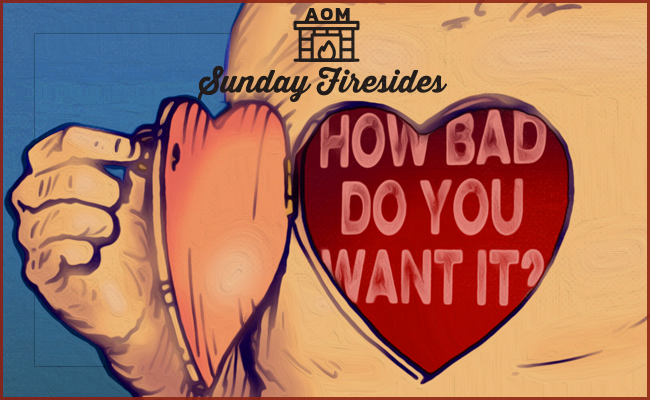
It’s one of the most common human refrains: “If only I had more time, I would do/be _____.â€
If I had more time I would write letters, poems, the Great American Novel. I would hike and camp. I would be more present as a parent. I would start that side business.
Then, tides turn, seasons change, and the longed-for margin arrives. And what do we find?
Often, that we do not initiate the things we thought we would. The unresolved hindrance then shifts to another factor: If only my marriage were stronger, my kids were older, my finances were more stable.
The “if only†clause is seductive, because it allows us to imbue ourselves with the characteristics of a certain identity, without having to manifest those qualities concretely: “I am outdoorsy, paternal, handy, curious, artistic. I’m just not in a position to fulfill that side of myself right now.†The empty journal, the unopened cookbook, the hiking backpack used only for the office commute, allow us to write a check towards our character . . . postdated for the future.
Yet these acts of self-delusion keep us from admitting the true authenticity and strength of our desires. People always find a way to do the thing they really want to do. It’s either in you, or it’s not.
Conditions only come into play when we love the idea of something more than its reality. Intrinsic motivation, genuine will, is circumstance-proof.
Ralph Waldo Emerson’s friend Bronson Alcott once came to him wondering how he’d ever fulfill his dream of creating a farm for communal living. “How is this to be done? How can I do it who have a wife and family to maintain?†Alcott asked. Emerson’s reply was sharp, but sound:
I answered that he was not the man to do it, or he would not ask the question.


